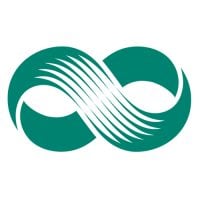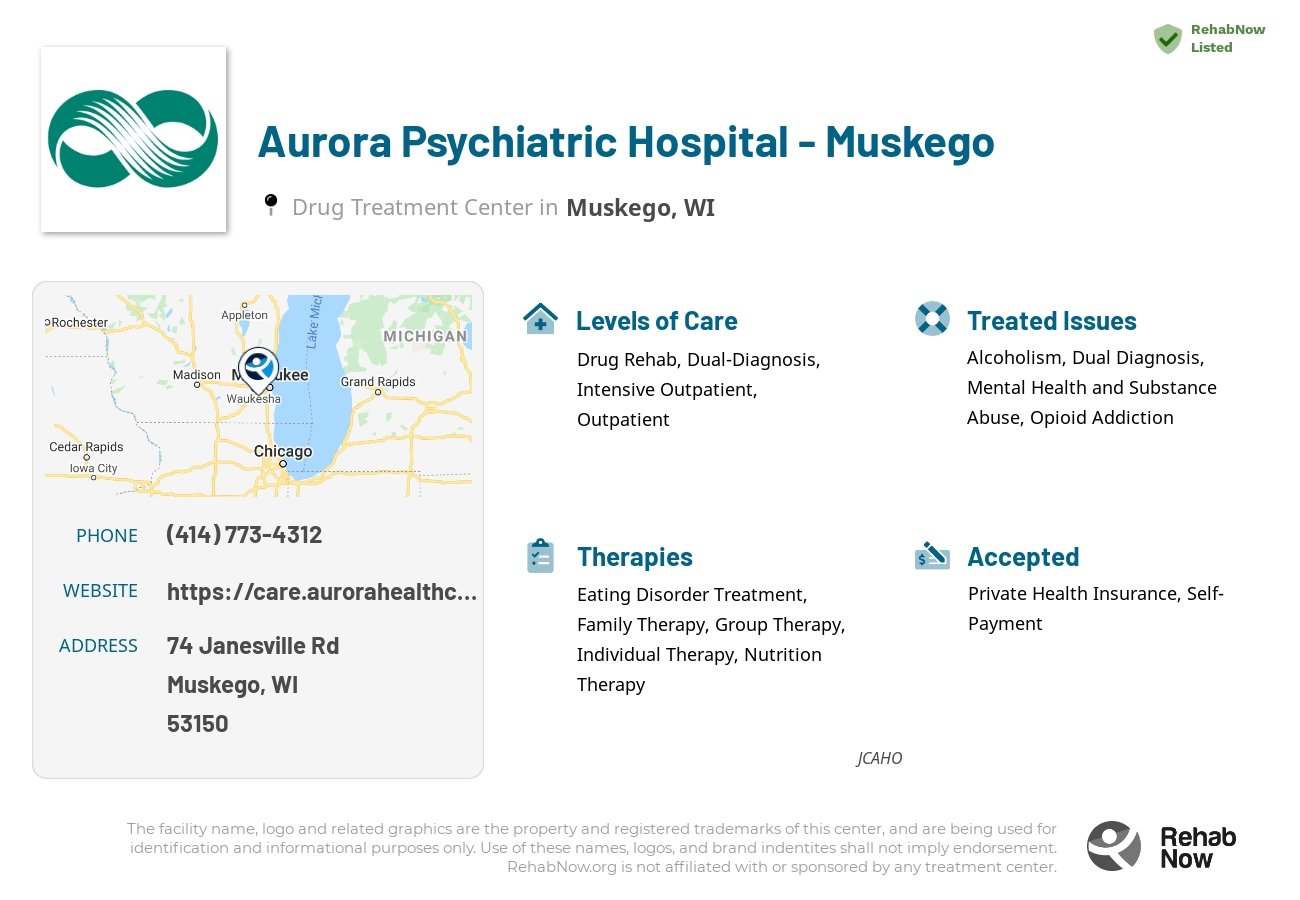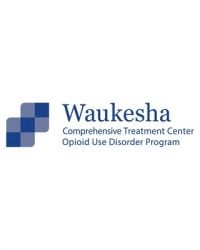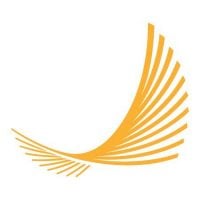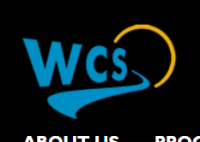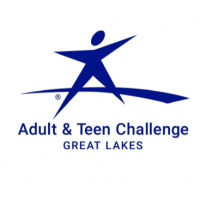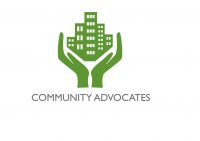Aurora Psychiatric Hospital - Muskego
Drug Rehab Center in Muskego, Wisconsin
The Mesa Counseling Center in Rialto, California provides personalized, comprehensive drug rehabilitation programs that include individualized counseling, group therapy, medication management, relapse prevention skills training, educational classes, and aftercare planning to assist clients in their recovery from alcohol and substance abuse issues.
About Aurora Psychiatric Hospital - Muskego in Wisconsin
Located in Muskego, Wisconsin, Aurora Behavioral Health Center - Muskego is a premier facility specializing in treating a broad spectrum of addictions and behavioral health issues. This clinic is recognized for its healing environment and the flexible, personalized approach it takes toward recovery. It offers hope and comprehensive solutions to individuals struggling with addiction, chemical dependency, anxiety, depression, and other behavioral health challenges.
Aurora Behavioral Health Center - Muskego is accredited by the Joint Commission on Accreditation of Healthcare Organizations (JCAHO), which underscores its commitment to high-quality care and treatment effectiveness. Its wide array of treatment options is designed to address the unique needs of its patients, ensuring that each individual receives the specific support they need for their journey to recovery.
- Healing Environment: The clinic creates a supportive and nurturing setting that is conducive to healing and recovery.
- Flexible Treatment Approaches: Tailored treatments cater to individual needs, acknowledging that one size doesn't fit all in recovery.
- Comprehensive Services: Aurora offers everything from drug rehab and dual-diagnosis to outpatient and partial hospitalization, ensuring a continuum of care.
Aurora Behavioral Health Center treats a variety of addictions, including battles with alcoholism, opioids, drugs, and eating disorders. Their treatment methods include family therapy, group therapy, cognitive-behavioral therapy, education, and relapse prevention, offering a multi-faceted approach to recovery across different levels of care.
Genders
Ages
Modality
Additional
Accreditations

JCAHO
Conditions and Issues Treated
Opioid addiction starts when a person becomes addicted to legal or illegal opioids. The addiction can happen quickly, in just a matter of days. Opioid withdrawal can be extremely uncomfortable and lead the user to continue to use even if they want to quit. Stopping using an opioid requires medical observation. Sometimes inpatient treatment with a medically supervised detox is necessary for managing the withdrawal process while learning lasting tools for maintaining recovery. Medications may be used in some cases of opioid addiction.
Opioid addiction is one of Wisconsin‘s most prominent forms of addiction. It’s treated by detoxifying the body so that the chemicals from the medications no longer impact them and by therapies to correct behavior and target the root of the problem.
Recovery is not simply about stopping drug use. Recovery is working with addiction while recovering mental health issues that are fueling the addiction in the first place.
Levels of Care Offered
This center offers a variety of custom treatment tailored to individual recovery. Currently available are Drug Rehab, Dual-Diagnosis, Intensive Outpatient, Outpatient, Partial-Hospitalization, with additional therapies available as listed below.
Addicts who need help with their addiction can enroll in an intensive outpatient program (IOP). But the patient won’t live there during treatment.
IOP involves patients visiting a medical office building regularly for therapy and other services while continuing to live their lives.
IOP is a step up from drug or alcohol detox, but it’s still a phase of recovery, not the end goal. Patients in need of IOP have many options for rehab and treatment.
Outpatient treatment is considered the lower intensity level of addiction treatment. It’s ideal for early phase addiction or lower intensity addictions. It may include weekly sessions instead of daily. It may include weekly sessions instead of daily. Peer group support, 12-step programs, and individual counseling may still be involved but at a lesser frequency than an intensive outpatient program. It is a good choice for someone who doesn’t need to go through a medically supervised detox and who has a supportive home environment. It requires motivation and dedication to commit to the program without constant monitoring.
PHP is a program where the individual is cared for in a hospital-like environment during the struggle of those symptoms, but still have some of the freedoms of an outpatient form of treatment. The individual may sleep at the facility each night, or they may sleep at home, but all have more monitoring than an outpatient treatment program typically offers. A PHP is able to live at home, attend school, work or perform other daily activities. This appeals to many families due to the ability of their loved one to still have some freedoms while also receiving treatment for their addiction.
Therapies & Programs
Individual therapy involves one-on-one sessions between the patient and therapist. It provides patients with a safe environment to openly discuss personal and sensitive issues with the therapist. They find the therapist as someone they can trust. Individual therapy aims to identify the core issues that would have led the patient to substance abuse and address them effectively. The therapist can develop patient-specific customized solutions through individual therapy, which aids speedier recovery.
Family therapy is a group problem-solving that aims to improve communication and relationships between the addict, their family, and sometimes friends. The main goal of family therapy for drug addiction is to create an environment where communication can occur without judgment, hostility, or blame. The therapist is with the family as they learn to communicate differently, especially with the addict when s/he is using. The family can learn to reduce their enabling behavior or rally together and support each other during tough times.
An addict’s family can play a vital part in helping them to avoid relapse because they can spot the warning signs and help them get back on track before it becomes too much of a problem. Family therapy is one of the most effective ways to help addicts stay on the path to long-term sobriety. When a drug addict decides that they want to try and get sober, it takes the support of every person they love to succeed. It can be incredibly difficult for loved ones to watch an addict go through the pain and suffering of withdrawal, but by being there with them and supporting them, they can help to make sure that the addiction never returns.
Groups typically involve meetings with other recovering addicts who can relate to one another’s experiences. They might meet in person or online and typically focus on the process of staying sober rather than overcoming a specific addiction.
In these groups managed by Aurora Psychiatric Hospital - Muskego, addicts can build a sense of community and develop strong emotional connections with others who understand what they are going through. These beneficial relationships can help addicts overcome their cravings and prevent relapse at any point during the recovery process.
There is hope for people who are addicted to drugs and alcohol. Cognitive Behavioral Therapy (CBT) is the solution. CBT focuses on the underlying thoughts and behaviors that caused the addiction problem in the first place and may cause a relapse. This type of psychotherapy addresses negative feelings common in substance abuse disorders. It helps to change them by restructuring thought patterns. It’s about removing negative thoughts and providing long-term benefits while promoting self-awareness, self-control, and healthy ways to respond to negative thoughts. These sessions can be done by themselves or as part of combination therapy.
The goal of medical nutrition therapy for drug and alcohol addiction is to help patients avoid “trigger” foods. For example, someone who craves alcohol may be addicted to sugar. Making sure this person eats a balanced diet with recommended amounts of protein, vegetables, and fruit can help manage urges to drink.
Nicotine replacement therapy treats nicotine addiction using external sources of nicotine, such as patches or gum to substitute for nicotine. This allows people trying to quit smoking to get their desired dose of nicotine without actually having to smoke cigarettes. The idea behind NRT is that by providing smokers with nicotine in forms that are not cigarettes, they may be more likely to quit smoking.
NRT has been available for many years now, and there is a wealth of evidence that shows that it helps people trying to quit smoking. There are several different types of NRT devices on the market now. Patients interested in quitting smoking should talk to their doctors about the best kind of NRT for them.
Payment Options Accepted
For specific insurance or payment methods please contact us.
Is your insurance accepted?
Ask an expert, call (888) 674-0062
Aurora Health Care Associated Centers
Discover treatment facilities under the same provider.
- Aurora Sheboygan Memorial Medical Center in Sheboygan, WI
- Aurora Behavioral Health Center - West Allis in Milwaukee, WI
- Aurora Behavioral Health Center - Delavan in Delavan, WI
- Aurora Medical Group in Oshkosh, WI
- Aurora Behavioral Health Center - Neenah in Neenah, WI
Learn More About Aurora Health Care Centers
Additional Details
Specifics, location, and helpful extra information.
Muskego, Wisconsin 53150 Phone Number(414) 773-4312 Meta DetailsUpdated April 15, 2024
Staff Verified
Aurora Psychiatric Hospital - Muskego Patient Reviews
There are no reviews yet. Be the first one to write one.
Muskego, Wisconsin Addiction Information
Wisconsin has some of the highest rates in the United States for both adolescent and adult substance abuse. Since 2009, the state has been experiencing the same escalating rates of drug abuse and addiction as the rest of the country. The major concerns are the misuse of prescription painkillers and the escalating number of deaths due to alcohol-related liver disease.
Treatment in Nearby Cities
- Phillips, WI (223.2 mi.)
- Wautoma, WI (99.4 mi.)
- New Holstein, WI (72.2 mi.)
- Mayville, WI (45.6 mi.)
- Superior, WI (327.8 mi.)
Centers near Aurora Psychiatric Hospital - Muskego
The facility name, logo and brand are the property and registered trademarks of Aurora Psychiatric Hospital - Muskego, and are being used for identification and informational purposes only. Use of these names, logos and brands shall not imply endorsement. RehabNow.org is not affiliated with or sponsored by Aurora Psychiatric Hospital - Muskego.
